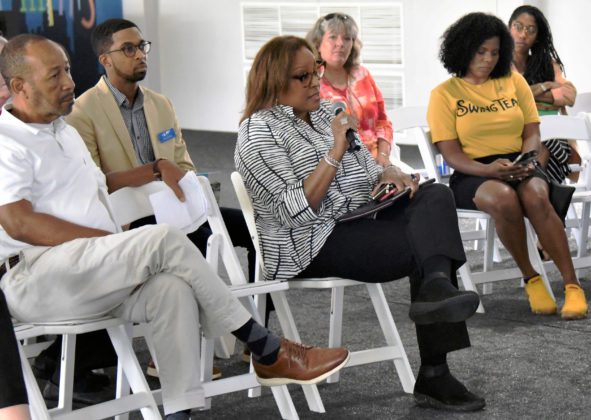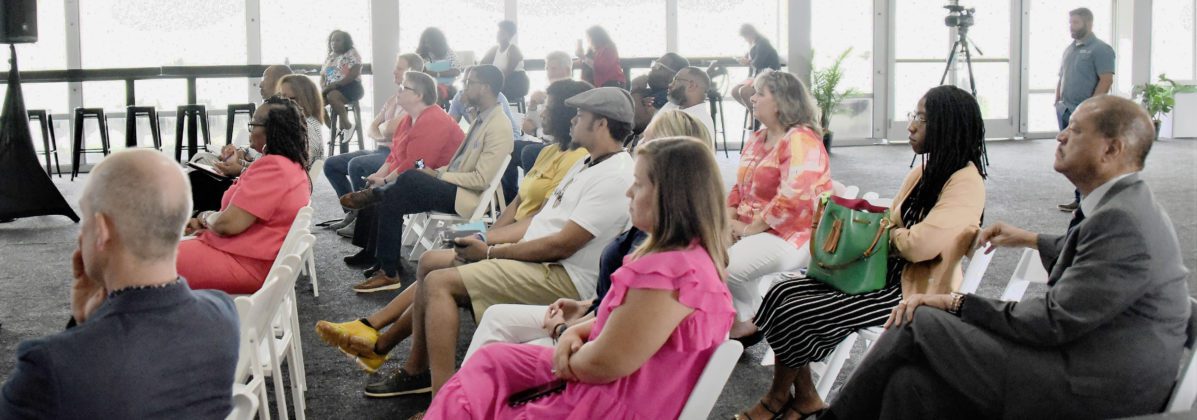A summit and an open invitation to minority-owned businesses accented the buildup to the 2022 FedEx St. Jude Championship golf tournament, which began with play at TPC Southwind on Thursday.
The theme – Make Golf Your Business – set the tone for diverse suppliers to start doing business with the $84 billion golf industry.
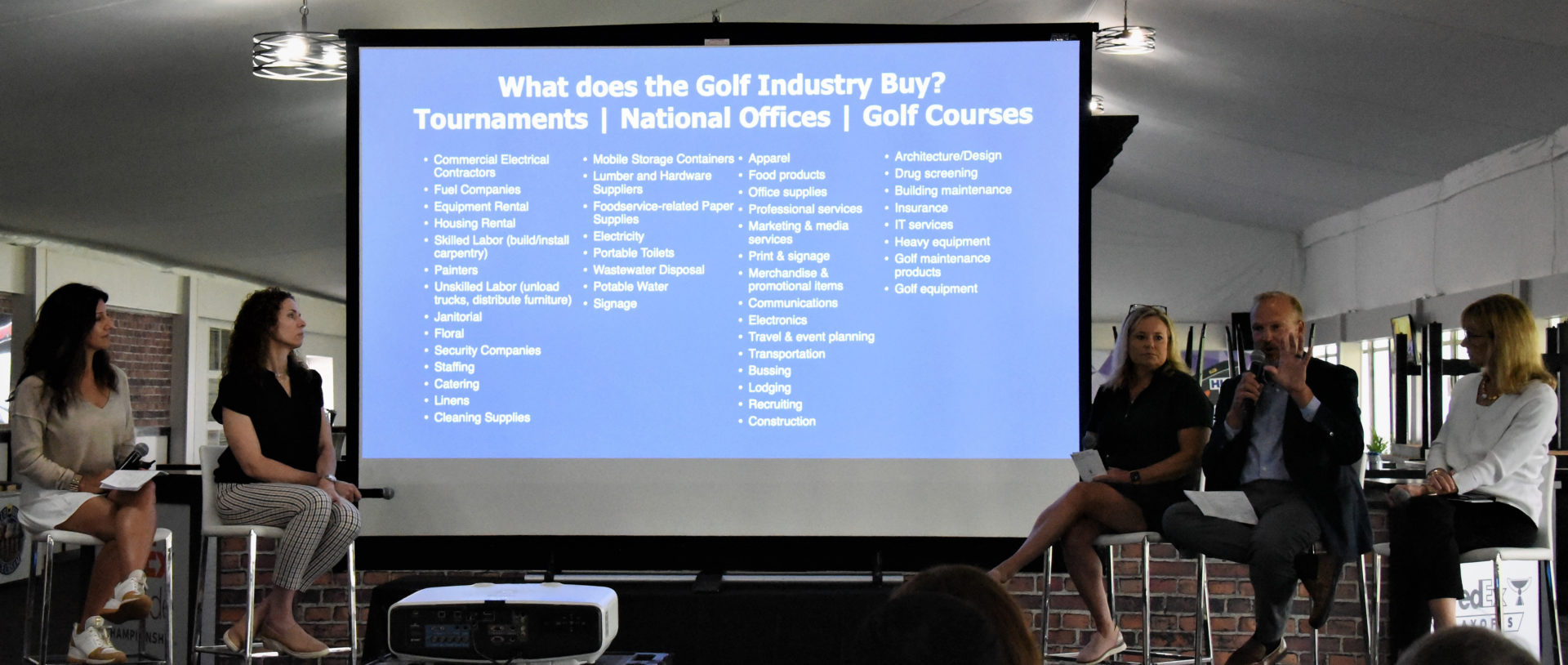
PGA officials reviewed more than 40 categories of goods and services needed for golf courses, tournaments, corporate offices and partners.
Needs include catering, office supplies, lodging, tents, painting, marketing and media, gifts, apparel, print and signage, electronics, security, construction, paper goods, insurance, travel, janitorial and electrical services.
Major golf tournaments such as the annual 5-day event in Memphis take a year to plan and engage up to 25 national “tier one” suppliers, plus 15 to 20 local suppliers. Fewer suppliers are required for smaller events.
National title sponsors – FedEx and others – contract with minority business partners, increasing diversity, equity and inclusion (DEI) in golf operations at local and national levels.
How to get started
Doing business in golf as a minority business owner requires registering with Vendor Resources Administration (www.VRAConnect.org ), a portal and database for diverse suppliers and vendors.
More than 1,500 diverse suppliers have a profile on the database, including people of color, women, LGBTQ+ persons, veterans and disabled citizens.
VRAConnect.org also posts upcoming sourcing opportunities in the golf industry.
The forum included two active golf suppliers providing advice.
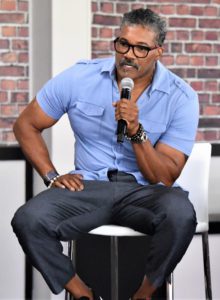
Troy Watson, president and CEO of ServiceMaster Facilities Maintenance, the largest Black-owned business in Memphis, began his journey as a supplier for the FedEx tournament last year.
He hired a strategic planner to handle paperwork and credits business mentors for making him feel comfortable with the assignment.
Watson’s message to Black business owners is simple: “My advice is to get registered now that everybody knows about it.”
Outside the golf tournament, Watson serves clients in 14 states.
“My ultimate goal is to be able to do this (golf services) across the country.”
Watson grew his business with the help of the Greater Memphis Chamber and the Mid-South Minority Business Continuum (MMBC), which certifies and develops minority businesses.
“There are a lot of opportunities out there and there are no excuses. I just happen to be a minority and there’s nothing wrong with being that. You’ve just got to be positive and realize that there is no difference. You make the difference.”
For Watson, the golf industry allows access to people he wouldn’t normally have an opportunity to meet, leading to more opportunities.
The challenge, he said, is staffing people and keeping them fresh since the tournament is constantly moving.
“We look forward to coming out and we’re willing to do whatever it takes (to succeed).”
Ed Harris, vice president of operations for BCM Security, a national “top tier” security guard company, also gave advice.
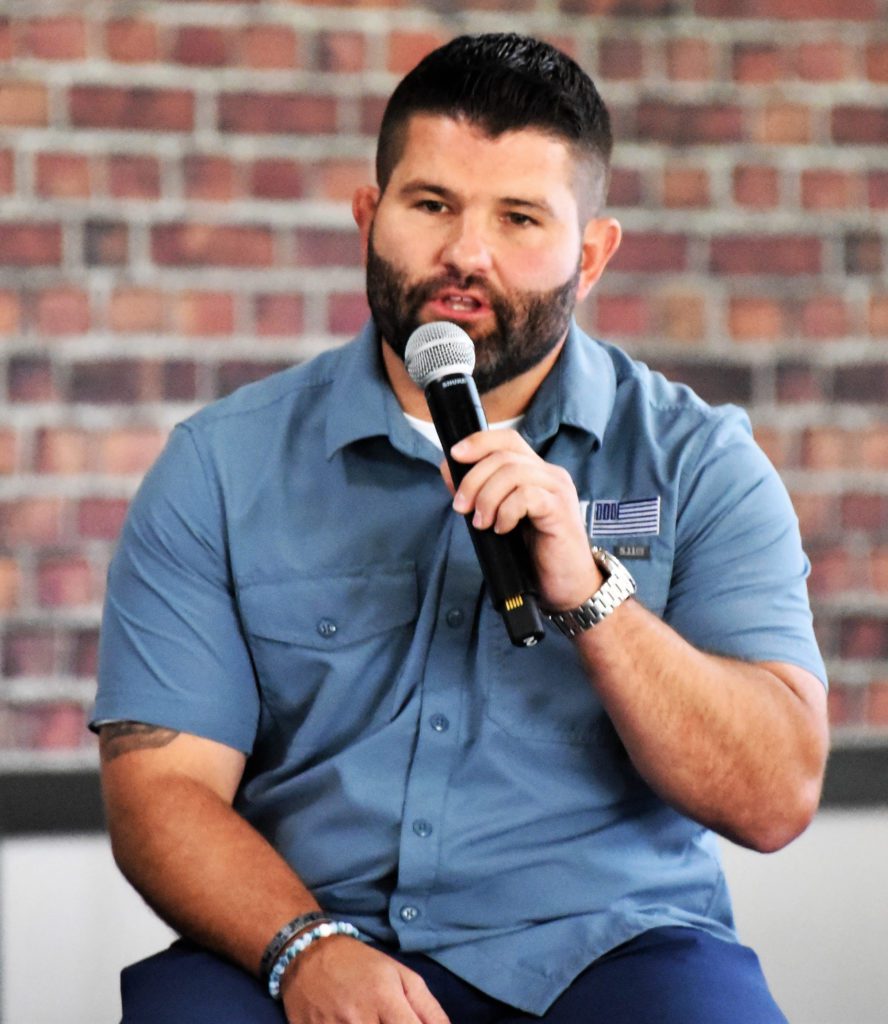
“Figure out what separates you from the competition; say what you’re going to do and do it and don’t give excuses; find a way to complete the mission.”
He said flexibility is crucial, especially when dealing with weather and the unexpected.
For BCM, Harris said success lies in “the ability to move on your feet, make the changes necessary and give the client what they need.”
BCM does the hiring for clients it serves using a servant leader model.
“You’re only as good as your weakest link – how they’re wearing their uniform and what they’re doing,” said Harris.
“We make sure they’re doing their job correctly, wearing their uniform properly and doing what’s expected from the tour or whatever venue served.”
When bidding on goods or services, Watson said, “If what you’re providing is worth the price you’re asking, then they’re going to pay it.”
Vendor expectations
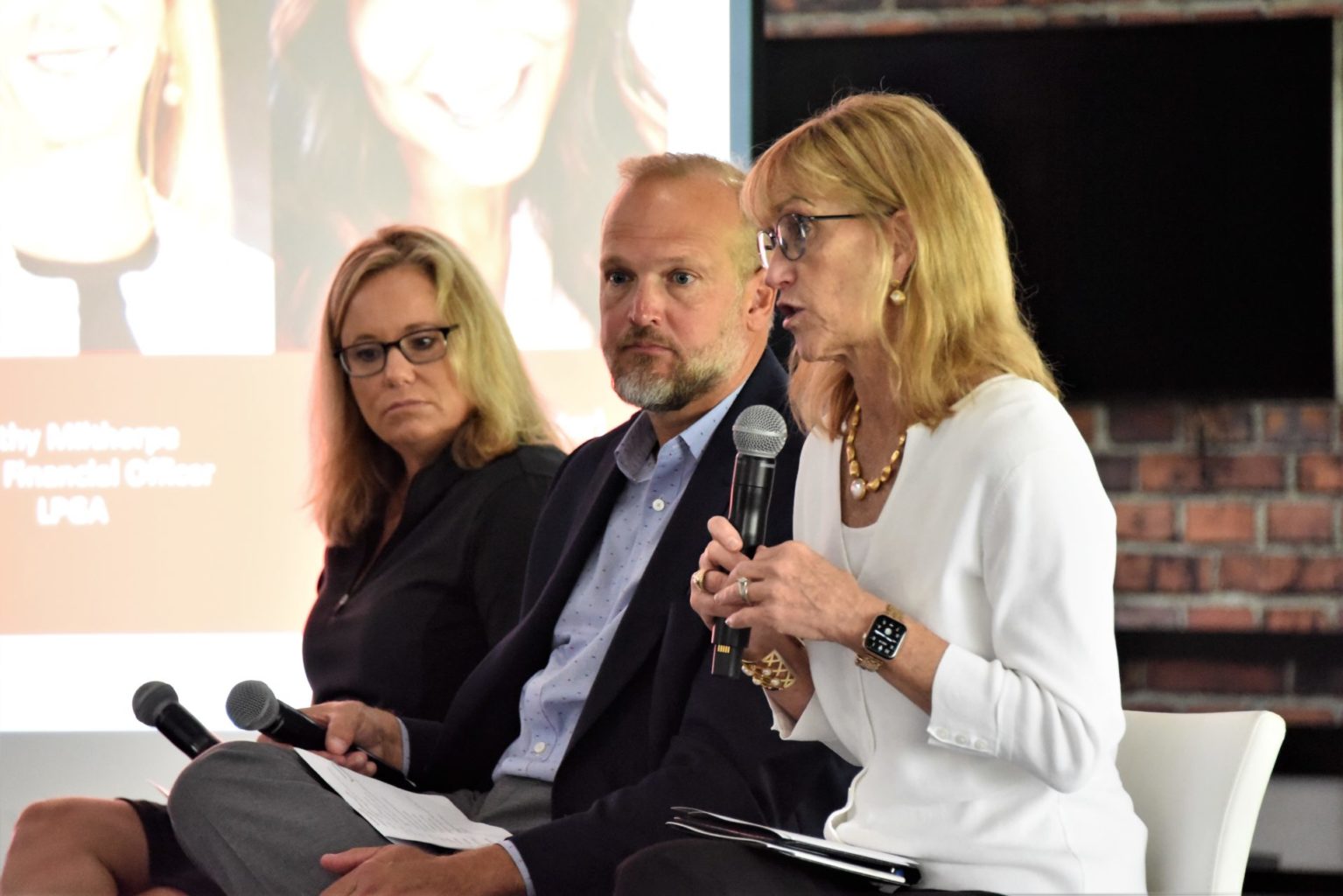
Kathy Millthorpe, PGA chief financial officer, advises offering competitive pricing, but “it doesn’t have to be the cheapest” when good value is there.
Reliability, flexibility, alignment with the mission, innovation, consistency, responsiveness and collaboration are factored in, she said.
Mike Ketterman, senior director of corporate partnerships for the National Golf Course Owners Assoc., said hiring can be an issue during “The Great Resignation,” a trend seeing employees leaving jobs in great numbers.
His advice is to “hire the best suppliers that will do their best to hire their best diverse talent.”
DEI goals in golf services
Increasing supplier diversity in the fast-paced, money-making golf industry is a work in progress, according to the PGA.
Informational handouts at the forum relay efforts to increase awareness of golf industry needs and services among diverse-owned businesses.
MMBC president and CEO Jozelle Booker attended Wednesday’s meeting, commenting that a list of “top tier” national suppliers and industry types could help match and funnel local minority businesses to those suppliers.
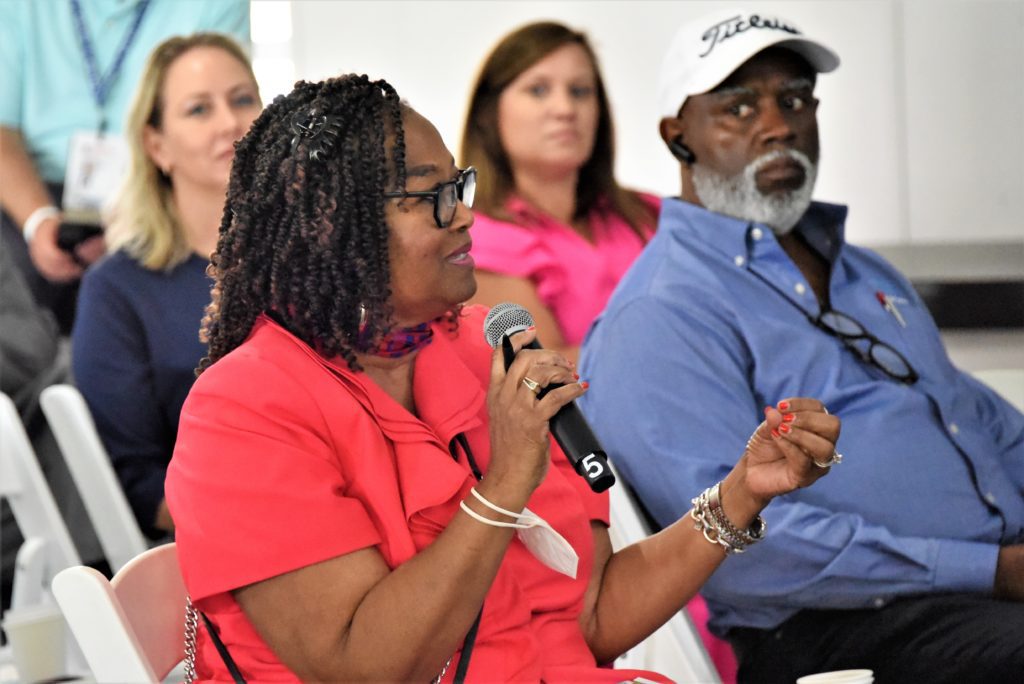
Beverly Robertson, outgoing president and CEO of the Greater Memphis Chamber, inquired about DEI aspirational goals and tracking percentages of diverse suppliers, locally and nationally.
Karen Davidson, PGA vice president of Tournament Operations, said the PGA is working to establish percentage goals based on the data coming in.
Ultimately, the aim is for vendor spending to reflect the demographics of business cultures in areas served, she said.
“We’ve got a lot of work to do, but we think there’s a lot of opportunity, as well.”



